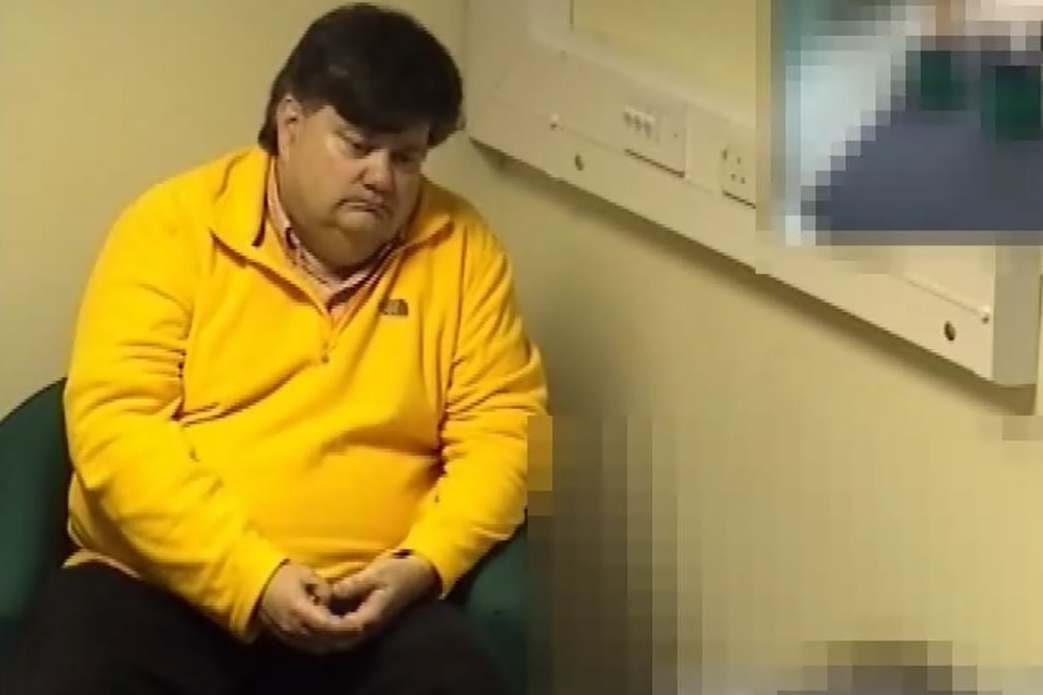The shortcomings of Operation Midland are now laid bare – but we cannot let its finding further obstruct justice
Sir Richard Henriques’ report shows failures on behalf of the Metropolitan Police and Tom Watson. These serious blunders must be answered for

If there was one moment when Operation Midland went wrong, it was when Detective Sergeant Kenny McDonald told the media at the outset of the investigation in 2014 that officers believed the claims made by Carl Beech, known as “Nick”, were “credible and true”. He said: “Nick has been spoken to by experienced officers from the child abuse team and from the murder investigation team and they and I believe what ‘Nick’ is saying is credible and true, hence why we’re investigating.”
Given that it turned out that Nick’s allegations were entirely made up, the use of the word “true” was unwise – but also wrong even at the time. It skewed the inquiry and added unnecessary credence to “Nick’s” story, one that was attracting intense media attention and which was hurtful and damaging to the reputations of those named by him who were still alive, but elderly. After the police said it was all “true”, no one was going to believe otherwise.
What we now know from the additional information released from Sir Richard Henriques’ report into the botched investigation is that the officers may have agreed to make their faith in Beech’s testimony public, and that they were more broadly influenced by a wish to work closely with the Labour MP Tom Watson. Mr Watson seemed to be almost an auxiliary copper, and had pioneered the campaign from the backbenches of the House of Commons, covered by parliamentary privilege. According to the Henriques report, Watson, now Labour’s deputy leader, pushed the police into interviewing Lord (Leon) Brittan when he intervened in the case. Mr Watson denies the claim and points out a letter he wrote was seen by police only after they had already quizzed the former politician, who was gravely ill. If the police were desperately keen to please Mr Watson, that is not in fact Mr Watson’s fault, but theirs. The Metropolitan Police are supposed to be grown-ups. He does, though, need to justify his use of privilege.
In any case, there are 43 shortcomings identified, and there is little reason to quibble with Sir Henry’s conclusions. The home secretary, Priti Patel, never one to miss a PR opportunity, has ordered a further investigation by HM Inspector of Constabulary. It is difficult to see what fresh revelations may arise from that, though some police officers may have to undergo disciplinary procedures. What is more intriguing is the continuing suppression of other chapters in Sir Henry’s report – about Operation Bixley and Operation Fairbank, to do with politicians, Operation Yewtree, the well-known celebrity-focused project, and another separate inquiry into an allegation of abuse by a celebrity.
There is, then, much more to learn about what went on in these circles, or, more appositely, what did not go on in such circles and why the police found themselves wasting scarce resources and manpower. It was a failure of judgement, quite obviously; but the key question remains why precisely the police failed to get the balance right. The fact that there was some political pressure and media interest is part of the answer to that, but it cannot necessarily be all of it. There may be other questions about the knowledge, competence, experience and legal advice the police received, or failed to ask for.
There is also room for concern about the chilling effect the Henriques report and HM Inspector’s investigation may have on future cases. Carl Beech’s greatest crime is to have damaged the chances of future genuine victims of real paedophiles being listened to by the authorities, and their allegations properly and fairly looked into.
After all, operations Midland and Yewtree arose from the horror of the Jimmy Savile scandal, something that had been allowed to continue for decades because of institutional scepticism about the young people making allegations, and the victims’ own assumptions that they would be ignored.
There is nothing in what happened in Operation Midland that could possibly justify a return to those sorts of attitudes. Nor should others use it to discredit other inquiries.
Not everyone who comes forward with an apparently far-fetched story about a famous person should be dismissed as a fantasist. In the revulsion at the tales of Carl Beech we cannot allow the pendulum to swing back to a place where the rich and the powerful, in politics, business, the churches, the armed forces, showbusiness or elsewhere believe that they can operate with impunity. Such a dark place, a safe environment for paedophile abusers did once exist, and it destroyed lives.
Join our commenting forum
Join thought-provoking conversations, follow other Independent readers and see their replies
Comments